Antoine Reicha and the Making of the Nineteenth-Century Composer
-
Ships in 3 to 4 weeks
Details
Description
SKU: UT.QC-5
Edited by Fabio Morabito and Louise Bernard de Raymond. Paperback (Soft Cover). Quaderni Clementiani. Classical. Books and Journals. Ut Orpheus #QC 5. Published by Ut Orpheus (UT.QC-5).ISBN 9788881095223. 6.5 x 9.5 inches.
Essays by Louise Benrard de Raymond, Muriel Boulan, Thomas Christensen, Etienne Jardin, Ellen Lockhart, Fabio Morabito, William O'Hara, Alban Ramaut, Annette Richards, Michael B. Ward
The nineteenth-century composer has a persistent image problem: inspired, unworldly, male, writing works of genius for posterity. If it has been the project of musicologists for the last 30 years to erode this checklist, he lingers still like a bad smell. This book uses Antoine Reicha (1770-1836) as a case study through which to develop alternative approaches to the nineteenth-century composer. That Reicha was a composition teacher and prolific writer of instruction manuals, for example, provides an opportunity (and new types of sources) to focus on composers' attempts at becoming composers. How can we catch them 'in the making', exploring not a body of works and achievements, but the priorities and anxieties of these individuals (the knowledge they followed or created) in crafting their artistic identities for the public? What modes of music historiography and analysis might help explore Reicha's and his contemporaries' music beyond mapping it within local or national traditions and their transfer? Can a networked model of music-history writing - we might call it 'a history of music with no protagonist' - assist musicologists in working on non-canonical composers without retrospectively making monuments out of them? These and other questions frame this volume, in order not only to reassess Reicha, but also our disciplinary toolkit: to ask how/why/to what end we tell stories about composers in musicology more generally.
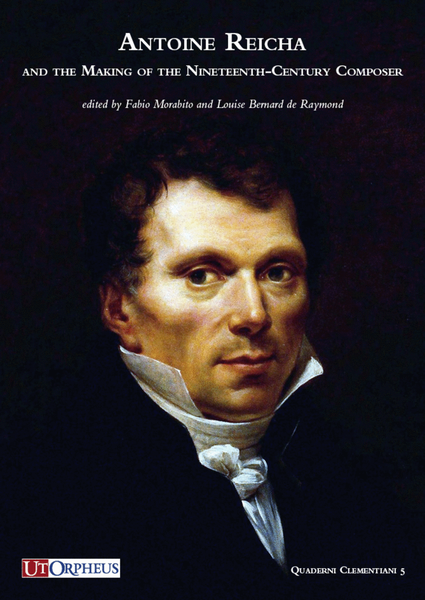
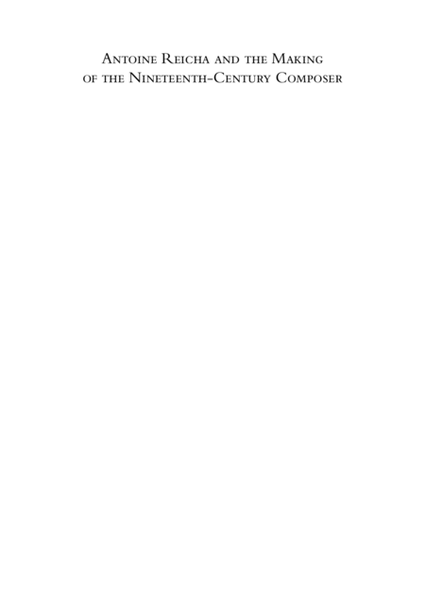
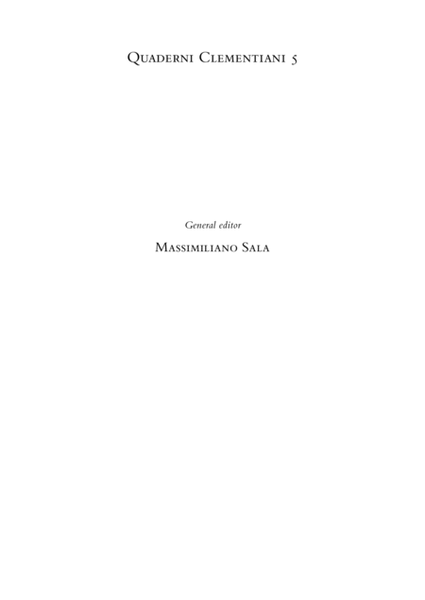





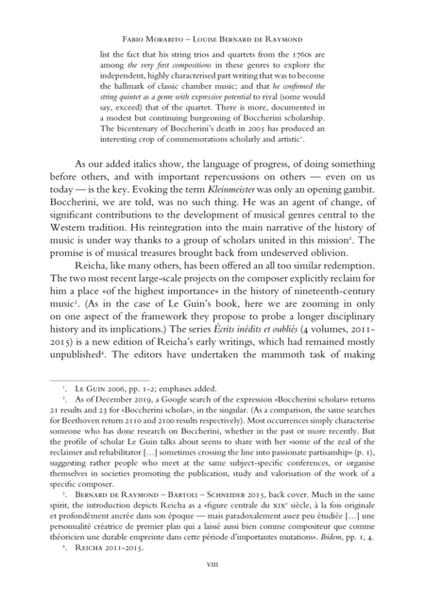

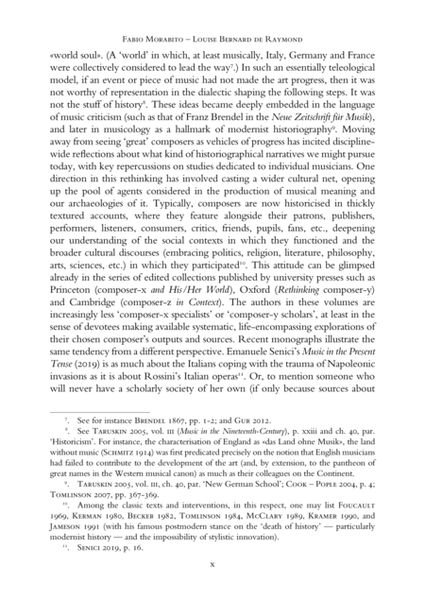


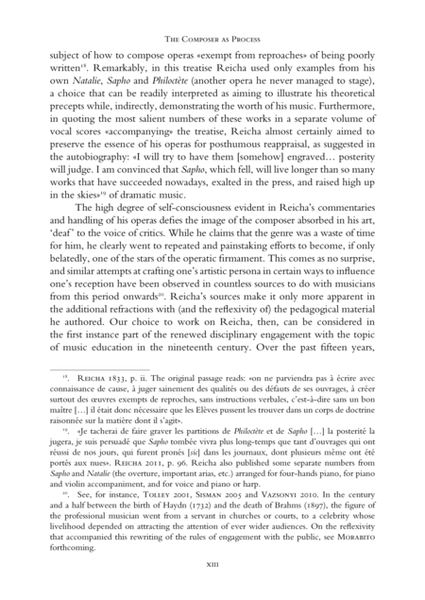


 Share
Share